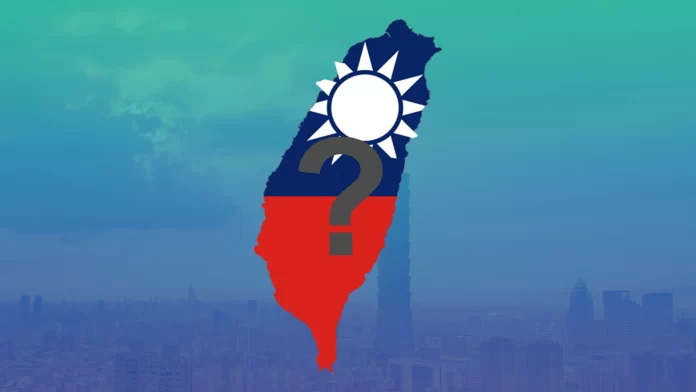U.S. House Speaker Nancy Pelosi’s visit to Taipei caused disruptions to Apple’s operations due to strict customs inspections. The company has reportedly asked Taiwanese suppliers to label their products as having been made in China to avoid this.
Nikkei states that Apple has asked manufacturers on the island to label components shipped to mainland China as being made in “Chinese Taipei” or “Taiwan, China”. The labels are needed to comply with a long-standing but previously unenforced rule that imported goods must state that the island is part of the People’s Republic of China.
If suppliers continue to write “Made in Taiwan”, it could lead to delays, fines, and even rejection of the entire shipment under this rule. However, Taiwan itself requires that exports be labeled with the point of origin: either the name “Taiwan” or the official country name “Republic of China”.
The decision to require suppliers to deny the independent existence of Taiwan has drawn criticism from around the world. GreatFire, an organization that works against Chinese Internet censorship, said the move is an escalation from Apple’s previous move, which removed the Taiwanese flag from emoji keyboards for users in China and Hong Kong.
“Is it a question of time before Apple starts removing apps whose name contains the characters [for] Taiwan without specifying ‘province of China’,” the organization asked.
“Unfortunately, we suspect that Apple’s ‘red-line’, the moment where it will say: ‘Stop, no longer, we cannot continue to collaborate with the Chinese regime and enforce its requests for censorship,’ is nowhere close,” GreatFire’s Benjamin Ismail told the Register news site.
Perhaps Apple felt it had no choice but to submit to China’s demands. Delaying deliveries now would be disastrous as the company moves into the final production phase of the iPhone 14, which is expected to be announced at a press event next month.
The supply shortage has already begun to take its toll. Because of this, the company has made the unprecedented decision, according to influential analyst Ming-Chi Kuo, to ship cheaper versions of the non-Pro phone with the same core chip already in the iPhone 13 currently on sale.
But Apple’s long-standing attempts to diversify its manufacturing process are finally paying off. Kuo reports that the company expects to ship versions of the iPhone 14 from factories in India alongside Chinese manufacturers on release day.
In previous years, Indian factories have lagged months behind Chinese factories in producing the latest devices. They waited for the first flaws to iron out before switching to older models. This year, for example, Foxconn’s Indian factories began assembling the iPhone 13 in April, around the same time that the company’s Brazilian factories switched to producing the iPhone 13.
The models produced in India and Brazil mainly serve to meet demand in local markets. In turn, Apple’s Chinese factories for mass exports still play an indispensable role as they serve millions of Chinese customers who buy iPhones.






